2025
Comparably’s Best Company Outlook
* Providing engineering services in these locations through SWCA Environmental Consulting & Engineering, Inc., an affiliate of SWCA.

From the experts we hire, to the clients we partner with, our greatest opportunity for success lies in our ability to bring the best team together for every project.
That’s why:
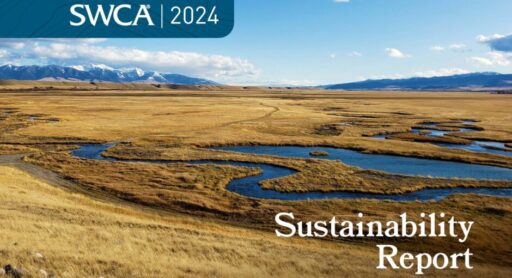
At SWCA, sustainability means balancing humanity’s social, economic, and environmental needs to provide a healthy planet for future generations.
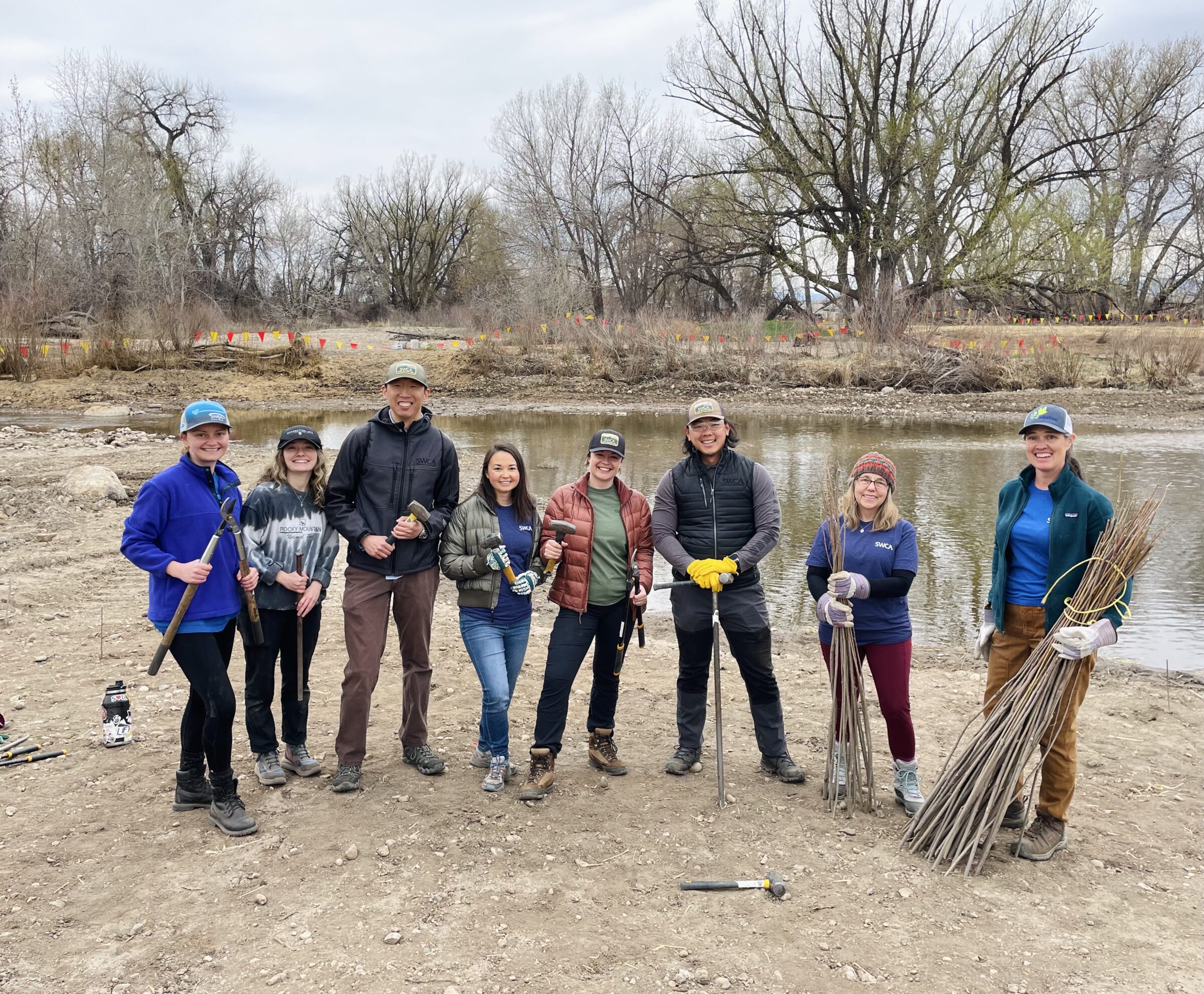
SWCA employs smart, talented, problem-solvers dedicated to our purpose of preserving natural and cultural resources for tomorrow while enabling projects that benefit people today.
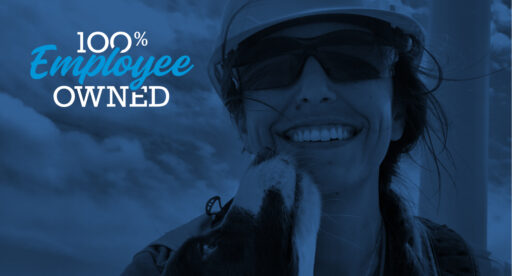
At SWCA, you’re not just an employee. You’re an owner. Everyone you work with has a stake in your success, so your hard work pays off – for the clients, for the company, and for your retirement goals.
Resilience Services
Building stronger communities through science, innovation, and nature-based solutions.

For questions or further information, please fill out the form below.
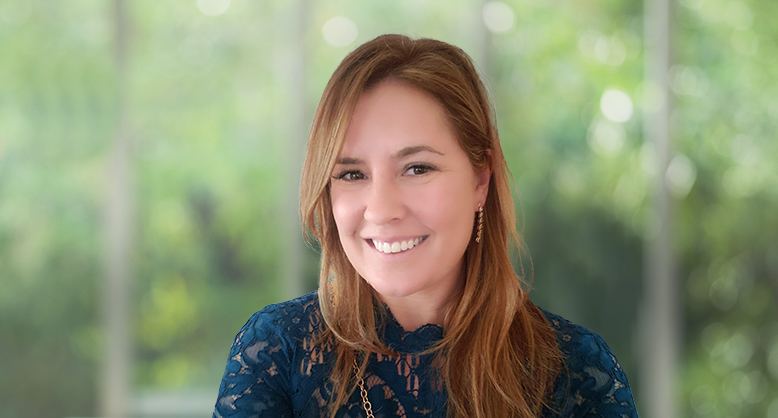
In response to the ever-increasing costs of disaster recovery, there is a strong call to establish resilient communities that can withstand future risks. Accompanying this call are increased funding programs at all levels of government focused on resilience projects with the intention to mitigate the losses to life and infrastructure from future natural disasters.
SWCA has long been a leader in National Environmental Policy Act (NEPA) regulatory compliance and ecosystem restoration services, including coastal restoration, natural channel design, green infrastructure, and wildfire mitigation projects that have an impact on the resilience of our lived environment. Our climate resilience experts provide support for federal, state, and local agencies, private companies, and non-profits in conceptualizing and completing resilience projects—incorporating nature-based solutions at any scale.
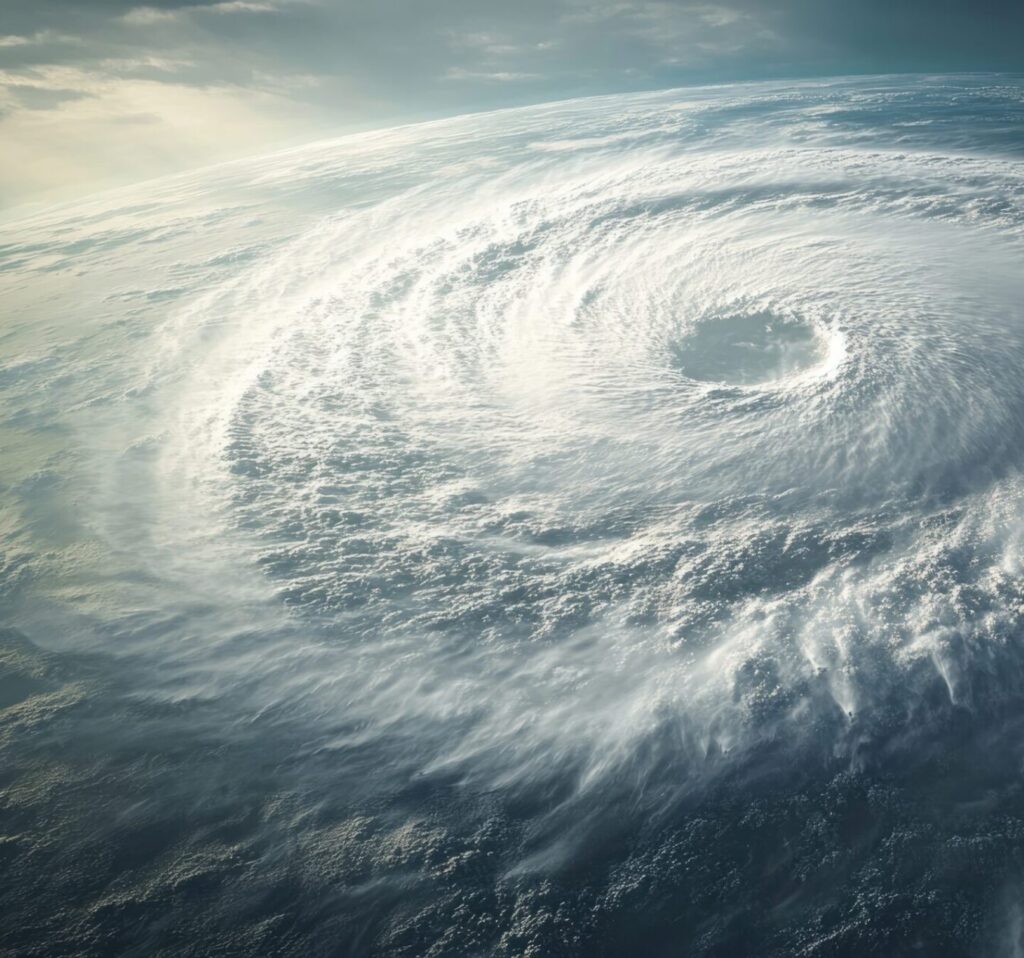
SWCA recognizes the increasing threat posed by changes in the global climate. Environmental changes will exert a broad range of impacts on natural resources including wildfires, coastal flooding, and the spread of invasive species. As one of the nation’s oldest and largest environmental science and planning firms, SWCA’s experts possess the skills and experience to assist our clients in identifying climate risks within their projects and properties. We then develop strategies that will address those risks and support sustainability long term.
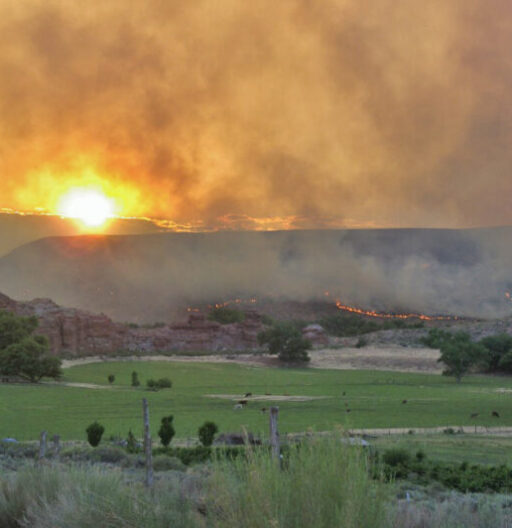
Across the U.S., coastal wetlands are experiencing crucial losses. Coastal wetlands include freshwater and saltwater wetlands that can spread for miles beyond the coast into inland areas. These wetlands are critical to the wellbeing of the environment and the people who live near them. Wetlands play a significant role in protecting upland areas from flooding, filtering water before it reaches the ocean, providing habitats for threatened and endangered species, and preventing coastline erosion.
With rising sea levels, storms, and urban and rural development, maintaining and protecting our coastal wetlands is critical to maintaining the environment.
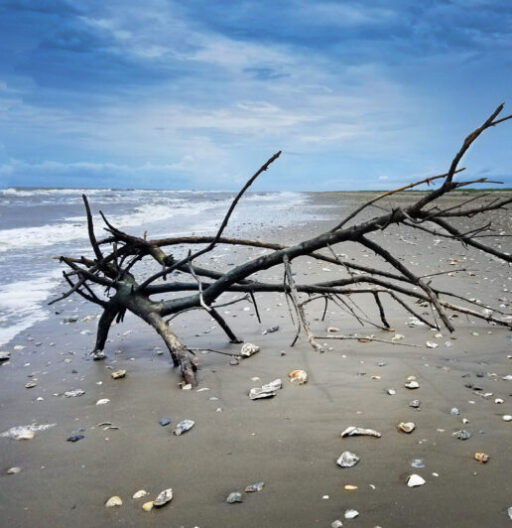
Hurricanes, tornadoes, fires, and other natural disasters can have devastating impacts on communities. The aftermath can seem overwhelming. SWCA have personally weathered these disasters, so we understand firsthand how to help move recovery efforts forward quickly, effectively, and economically.
SWCA’s disaster recovery experts can help to navigate the maze of environmental regulations required throughout the recovery process including through grants from the Federal Emergency Management Agency (FEMA) and the Department of Housing and Urban Development (HUD). Our experts have experience with FEMA Public Assistance and Community Development Block Grant Disaster Recovery (CDBG-DR) funded disaster recovery programs, Federal Highway Administration Emergency Relief (FHWA-ER), Natural Resources Conservation Service Emergency Watershed Protection program (NRCS-EWP), and the Hazard Mitigation Grant Program (HMGP), among others. Our specialists include wetland, water, and stream restoration scientists; fire scientists and post-fire specialists; threatened species specialists; ecologists; National Environmental Policy Act (NEPA) planners; archaeologists; and architectural historians. We provide on-the-ground and regulatory support for individuals, private companies, non-profits, and municipal agencies—anyone needing environmental expertise that will enable them to move forward in their disaster recovery.
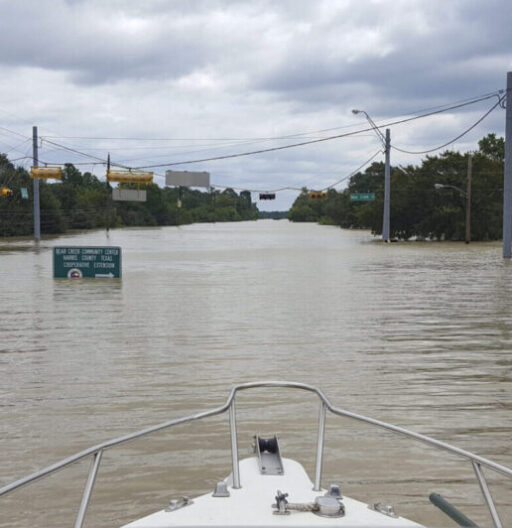
With nearly two decades of experience in wildfire sciences, SWCA is a recognized expert in the U.S. We emphasize collaboration with federal, state, and local government agencies, non-governmental agencies, private industry, and communities. We embrace the role that wildfire plays in many regions, providing positive ecosystem services for fire adapted vegetation. Equally, successful resilience by communities in the face of more extreme climate-driven wildfires requires planning ahead for all stages of the wildfire cycle: readiness, response, recovery, and restoration.
Our wildfire mitigation and management experts provide a full suite of services and customized plans to meet both large-scale regional needs and those of small communities aligning with the National Cohesive Wildland Fire Management Strategy and State guidance and policies.
We’re proud participants of the 2025 Fire Safe Vendor List.
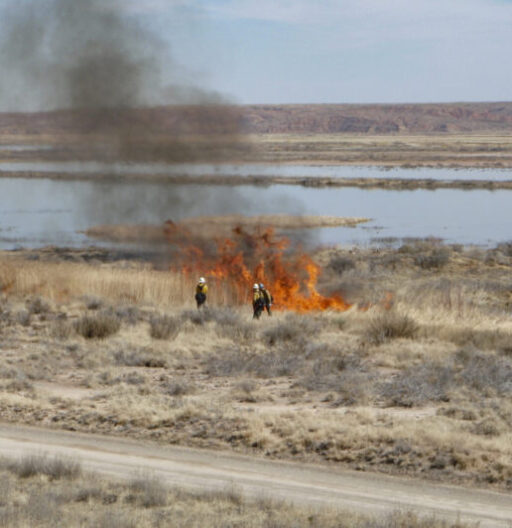
Anne has more than 18 years of experience and specializes in multi-hazard risk and resilience planning and mitigation. Her expertise includes compliance monitoring, procurement, multiagency coordination, public information, closeout processes, and audit support.
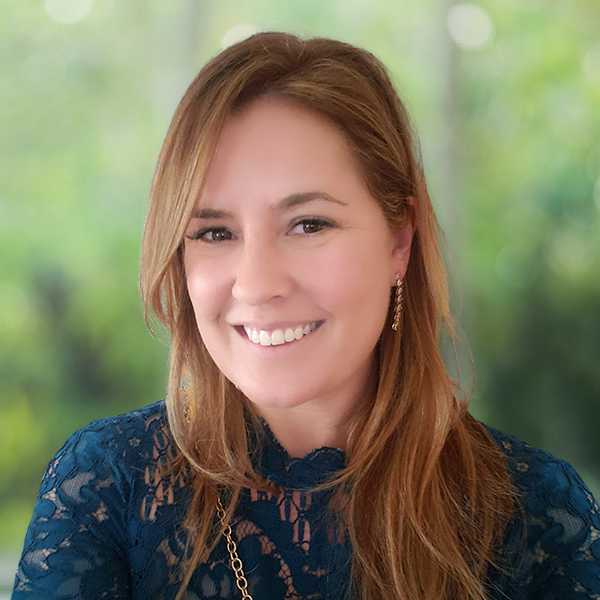
Victoria has a background in forestry, fire ecology, and natural resource management and has managed and developed over 50 CWPPs and Fire Management Plans. She started with SWCA in early 2007 and now leads the company’s fire and forestry team.
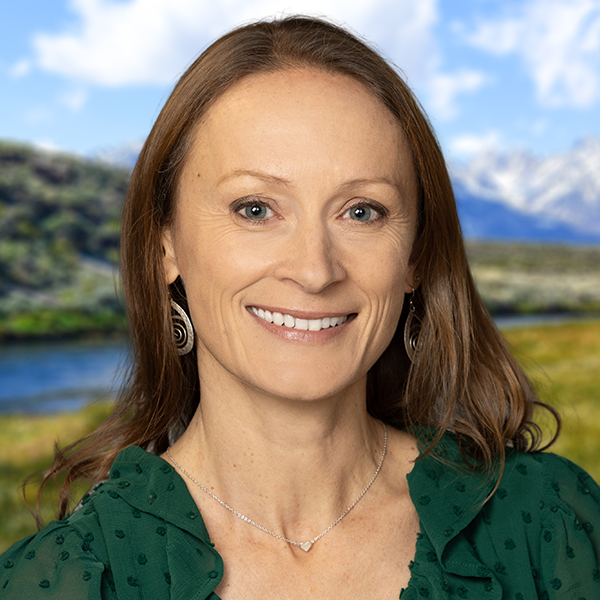
Meg Perry is an experienced facilitator and stakeholder engagement specialist who specializes in water resources and resilience planning. She is trained in multi-party environmental conflict resolution and consensus building and has facilitated over 400 virtual and in-person meetings in the last five years. Meg’s experience with complex planning and stakeholder engagement processes in 17 states includes coastal resilience planning, statewide hazard mitigation planning, and collaborative water management with state and local agencies, U.S. Army Corps of Engineers, and the Bureau of Reclamation. In addition to facilitation expertise, Meg has graduate-level training in hydrology, river processes, ecological resilience, and decision science.
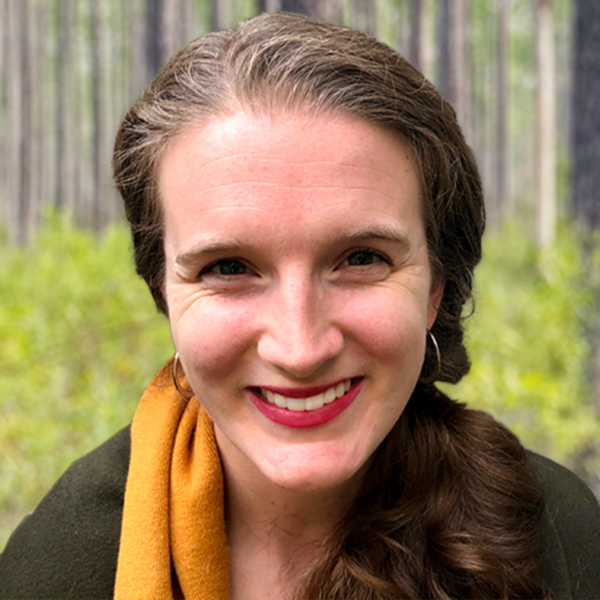
Josh has more than 16 years’ experience working on site stabilization, renewable energy, and ecosystem restoration projects across the country. He has spent much of his career in North Carolina and South Carolina serving both private- and public-sector clients. Josh works on a variety of projects, including solar site stabilization, solar site hydrologic and hydraulic modeling for stability analysis, floodplain vegetation/stabilization, stream and wetland restoration, and resiliency planning. Josh has extensive experience acquiring federal, state, and local permits for his projects, especially erosion and sediment control and stormwater permits such as NPDES Phase II permits, 401 Water Quality Certifications (WQC), and state and local land disturbance permits. All of his projects also have a revegetation component. Revegetation components are typically based on an appropriate nearby reference community and developed to restore the appropriate strata (canopy, understory, shrub, and herbaceous layers) for the site.
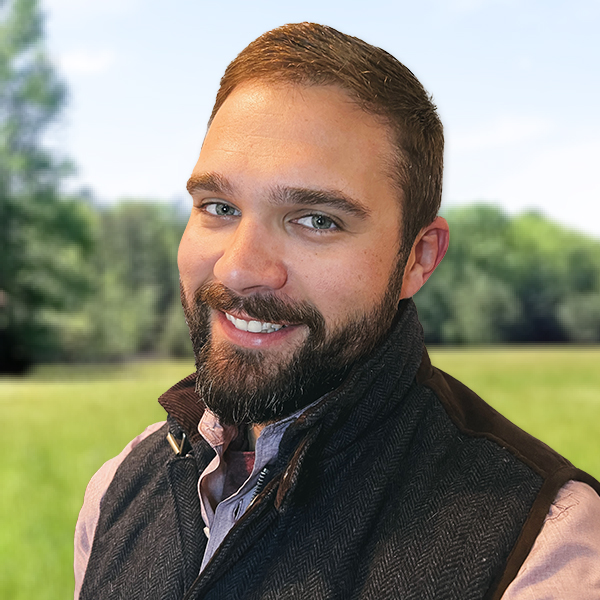
Cody has been researching and working with fire in the southwest since 2002. He is a certified fire ecologist and watershed science expert who focuses on pre- and post-fire mitigation to make landscapes more resilient to climate change.

Wendy Blackwell has more than 34 years of professional experience in land use planning, floodplain management, and public outreach. She serves as the SWCA lead for FEMA hazard mitigation planning. Wendy served as the New Mexico State Hazard Mitigation Officer for 8 years, providing technical assistance and oversight to help achieve natural hazard mitigation goals of local, tribal, and state partners. She served as the primary contact for all mitigation projects and plans in New Mexico, providing technical assistance to communities and conducting state-level plan reviews for local and tribal Hazard Mitigation Plan creation and updates. She served as the primary contact in coordinating with the Federal Emergency Management Agency (FEMA) for plan reviews and approval. In addition, she led the New Mexico Natural Hazard Mitigation Plan updates in 2013 and 2018. She has comprehensive knowledge and experience in research, writing, and production of mitigation plans.

Arianna began working in the field of fire & forestry in 2016. She supports the team through project management, fire planning, client relationships, public outreach, technical writing, and field operations throughout the U.S.

Emily began working in natural resources planning in 2006 with a focus on wildland fire policy and planning projects and water resources planning projects for local, state, tribal and federal government clients.
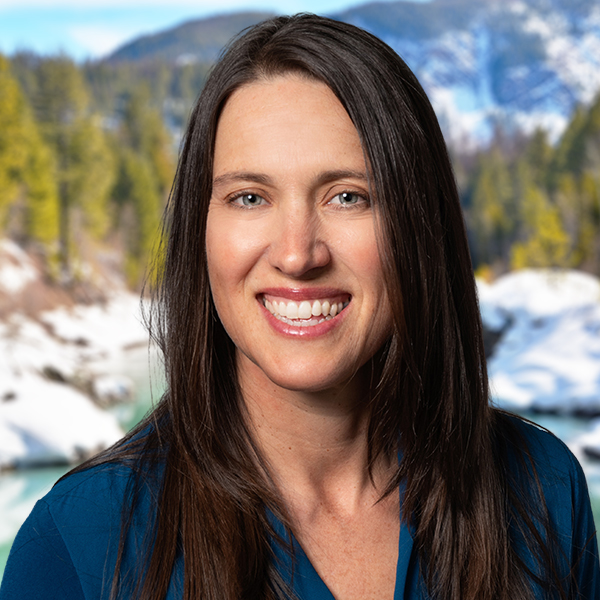
Liz has been working with the fire & forestry team since 2019. She supports the team with wildfire modelling, geospatial analysis, advanced mapping, and custom web design (Hub Sites and Story Maps).
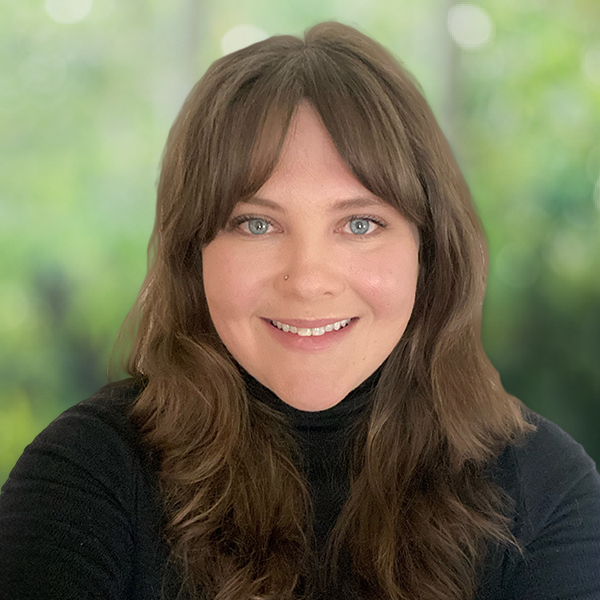
Mitch has over 30 years of experience in wildland fire management, fire behavior analysis and fuels management with the NPS and the USFS. His expertise includes CWPP’s, structure and fuel assessments, and wildland fire compliance documents.
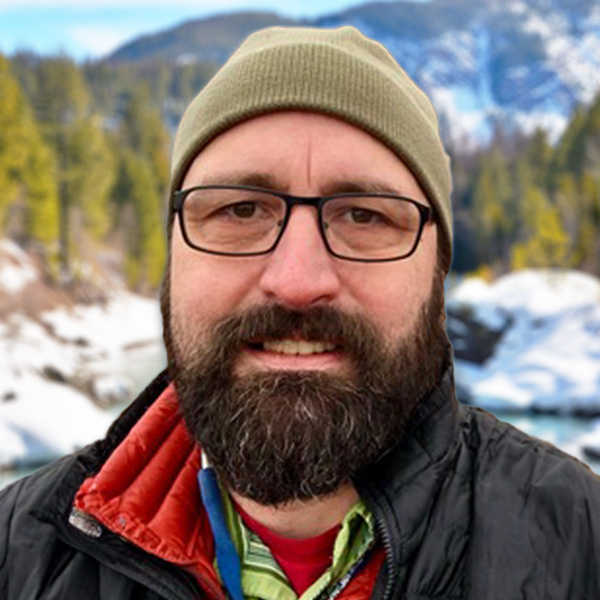
Marlena has a diverse background in fire management, fire planning, fire behavior modeling, fire decisions support application development, and prescribed fire implementation. She has 30 years of wildfire experience working for the NPS and USFS.
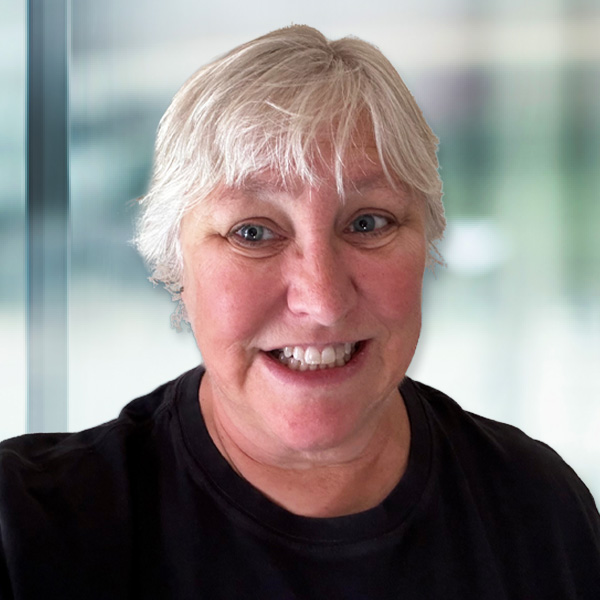
Stephanie is a Senior Ecologist at SWCA, specializing in wildfire collaboratives and providing technical support to communities pre-, during, and post-wildfires across the western U.S.
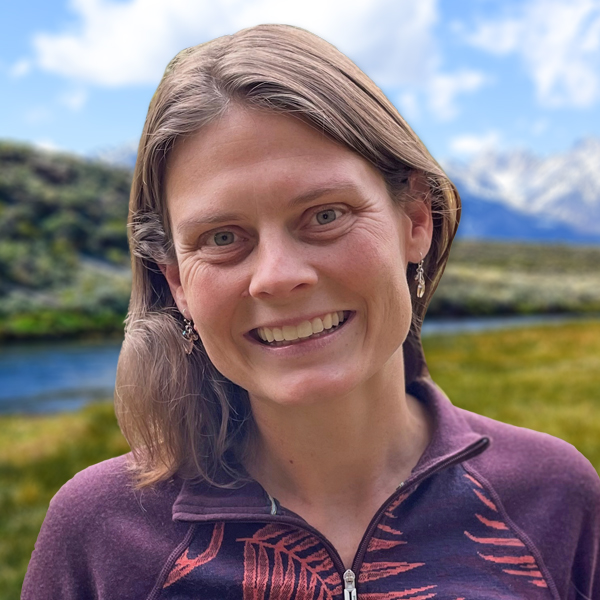
Subscribe to The Wire, SWCA’s quarterly newsletter that delivers the latest industry news, important regulatory updates, local events, and more straight to your inbox.